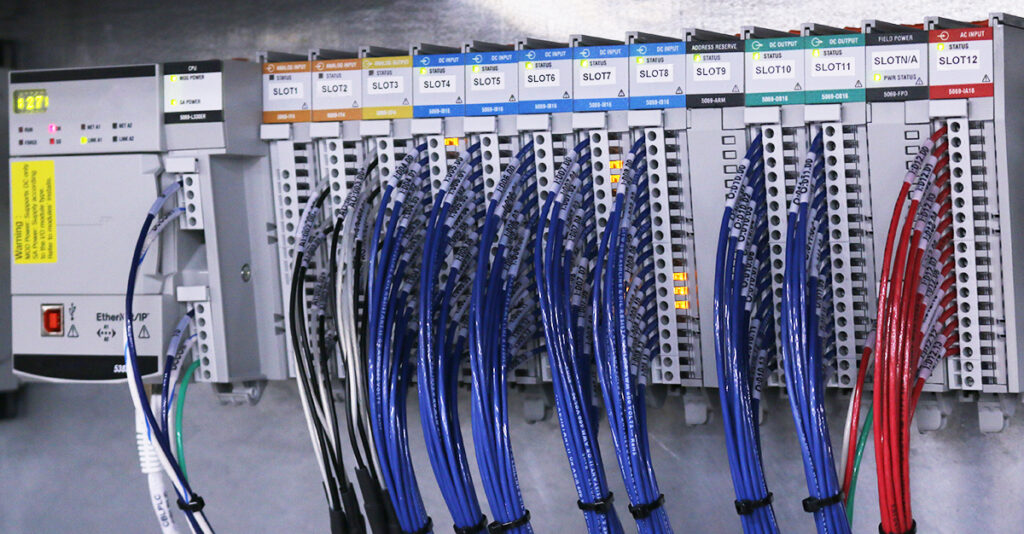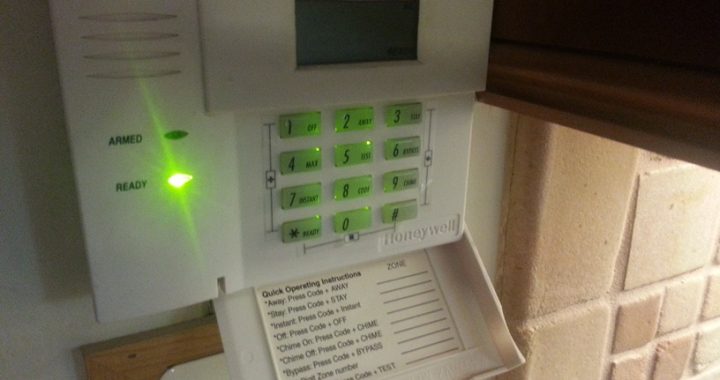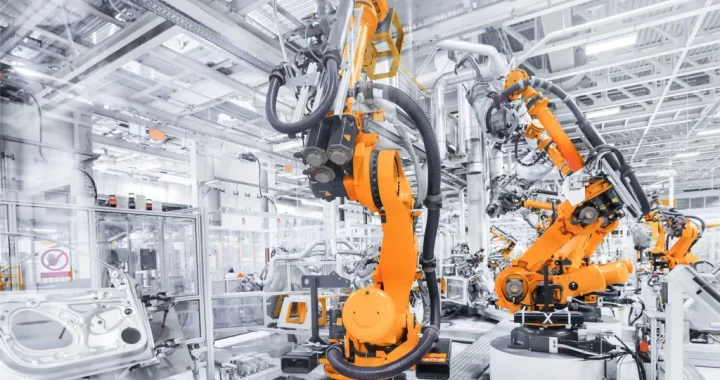The Power of PLC Control: Streamlining Operations in Industrial Automation

In recent years, technology has revolutionized the manufacturing industry, especially when it comes to industrial automation. One of the most important parts of this revolution is the Program Logic Controller (PLC). The PLC is a computer-based system that helps in the management and control of machinery and other industrial processes. This blog post explores the power of PLC control and how it streamlines operations in industrial automation.
Firstly, PLC control system has the ability to automate a range of industrial processes. PLCs can be designed to manage everything from simple machines to complex applications. For instance, a PLC control system can be used to manage industrial robots, conveyor belts, and even entire assembly lines. Therefore, by using PLC control systems, factories can run more efficiently and these machines can work without human intervention, which is ideal for the 24/7 manufacturing environment.
Secondly, PLC control systems have the ability to make operations more flexible. In the past, when manufacturing processes were not flexible enough, it meant increased costs and decreased competitiveness. PLC control systems have changed this by allowing manufacturers to make changes to the production line quickly and easily. By using PLC control systems, they can quickly make changes to the machinery, such as adding or removing equipment, adjusting speeds, and even changing the direction of travel of materials.
Thirdly, PLC control systems improve the quality of the final product, since they help to minimize the error rate. The PLC control system can create programs that detect faults in the manufacturing process and provide real-time feedback to the operator. This means that problems can be resolved before they cause any damage. The input and output signals of sensors and actuators, can be monitored to detect manufacturing faults. Furthermore, the control system ensures consistency in product quality, so that all products manufactured are of the same quality.
Fourthly, PLC control systems can also save energy in the manufacturing process. One of the most important benefits of the PLC control system in the manufacturing sector is its potential for energy savings. By carefully regulating the use of energy, the control system can significantly reduce the amount of electricity required to operate machines. Electrical energy consumption can be monitored and controlled, leading to decreased power usage. Additionally, with automation systems being more precise than human operators, automating the process can lead to savings in waste materials, further reducing manufacturing overheads.
PLC control systems have revolutionized the industrial automation process. They offer numerous benefits, ranging from energy savings to improved product quality. Manufacturers who adopt the PLC control system enjoy increased flexibility, speed, and accuracy, giving them a competitive edge in the industry. In Thailand, the use of PLC control systems is on the rise as manufacturers look to improve their operations and make them more efficient.

 What Happens After Your Security Alarm Goes Off?
What Happens After Your Security Alarm Goes Off?  How Make-Good Services Ensure Smooth Lease Transitions and Compliance
How Make-Good Services Ensure Smooth Lease Transitions and Compliance  The Shift from Concept to Real-World 3D Build Projects
The Shift from Concept to Real-World 3D Build Projects  Effortless Office Moves in Melbourne
Effortless Office Moves in Melbourne  SEBI’s Latest Regulations for Investment Advisory Services in India
SEBI’s Latest Regulations for Investment Advisory Services in India  Exploring the Most Effective Business Services for Entrepreneurs
Exploring the Most Effective Business Services for Entrepreneurs  The Evolution of Industry: From the Industrial Revolution to the Age of Automation
The Evolution of Industry: From the Industrial Revolution to the Age of Automation